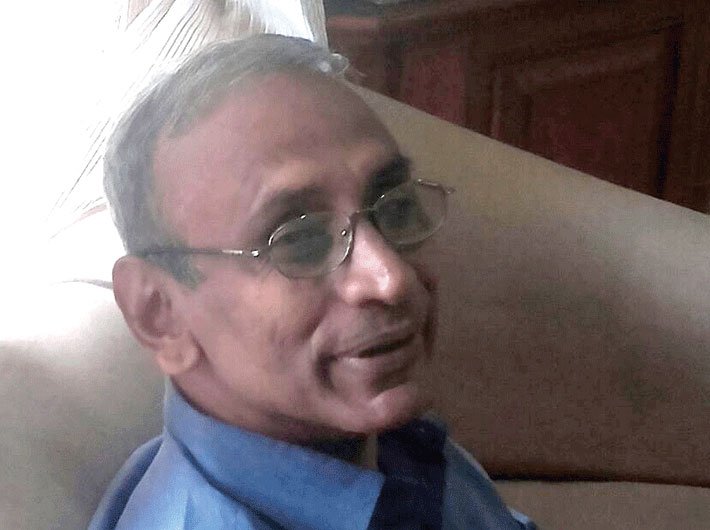S Srinivasan, managing trustee of LOCOST, shares why the NITI Aayog should not interfere with the price control of essential drugs and why the government is so apathetic to healthcare concerns
S Srinivasan is the managing trustee of LOCOST, a charitable trust involved with the production of low-priced quality generics for over 32 years. He has also been active in works like transfer of pharmaceutical technology to least developed countries, issues of disadvantaged children and human rights, and relief in disaster situations. In a one-on-one with Kaushal Shroff, he shares why the Niti Aayog should not interfere with the price control of essential drugs and why the government is so apathetic to healthcare concerns.
News reports suggest that the government is considering reducing the number of price controlled drugs under the DPCO. Apparently, Niti Aayog has written to the health ministry asking it to remove all “regulatory hurdles”. How do you perceive this move?
There are different ideologies working within the government and they are at loggerheads with each other. Niti Aayog was basically lobbied by some pharma companies from Mumbai and they convinced them that price control is bad for the pharma industry. I don’t think it is a concerted, well thought-out statement from Niti Aayog. The arm of the government which should actually be talking about this issue is the department of pharmaceuticals or the body which actually administers the DPCO, i.e., the National Pharmaceutical Pricing Authority. The NPPA is very keen on administering the DPCO but certain sections of the department of pharmaceuticals want to free up the market [from regulations], so they lobby or try to work on some of these people who are for freeing the market. Otherwise, Niti Aayog has no business saying it.
Also, the Indian Pharmaceutical Alliance has been losing some cases in the courts relating to DPCO, so they are getting desperate. Actually, there is no need for them to get desperate because price control, as it is today, covers only 10-15 percent of the market. The total domestic market is about Rs 1 lakh crore and an equal amount is of the exports. So, what is Rs 10-15 thousand crore? Nothing. It is just a way of making a lot of noise, creating scare tactics so that no one raises questions against pharma [companies] because we [the companies] are contributing to the nation.
Whatever little price control is there, it has been achieved after a lot of fight. Because of people like us [civil society] who are putting pressure through the supreme court. The attitude of the government is that we will do it [enforce price control] just because the SC is asking us to do so. There is a power struggle as well as an ideological struggle going on in the government.
If any instrument affects only 10-15 percent of the market, how can it be detrimental? Every year, 90 percent of the drugs which are not under price control are allowed to increase their prices by 10 percent as per DPCO. Whereas drugs under price control are allowed to increase only as per the wholesale price index. The policy needs to be a bit thorough; it is very badly thought-out that way.
READ: High Dose: How your medicine bill is likely to shoot up
In 2003, you along with other petitioners moved the SC seeking a change to the pharmaceutical pricing policy so that essential medicines come within the grasp of the poor. Subsequently, the government came out with a model that seems to make drugs even more expensive. Do you foresee a possibility of going back to the cost-based pricing method or is it a closed chapter now?
It is not a closed chapter. It is one of the issues before the SC. As far as petitioners like us continue, it is not a closed chapter. Market-based pricing is nonsense. It is not used anywhere in the world in any sector.
Any attempt at price control will have to reduce price. Whatever formula you use – market based or cost based – if it has got some honest aim, it should show that it is controlling prices. In the market-based method, the price of the costliest drug of a particular brand will come down because you have to take a simple average. If the costliest brand is selling at Rs 100 and then there are brands selling at Rs 10, 20, 30, 40 and so on, then you take an average and the 100 will have to come down. So that way prices have decreased but even then in many cases, because of the way the price band is located, structured or placed out in the market, most of the brands are priced towards the higher level. The price in the market-based pricing system is not near the cost. That is why we are against this market-based pricing. It doesn’t reflect cost. There are a lot of brands in the market that are selling at 2,000-3,000 percent margin. One can take an average but even then the ceiling price will be 1,000 percent more than the cost price.



